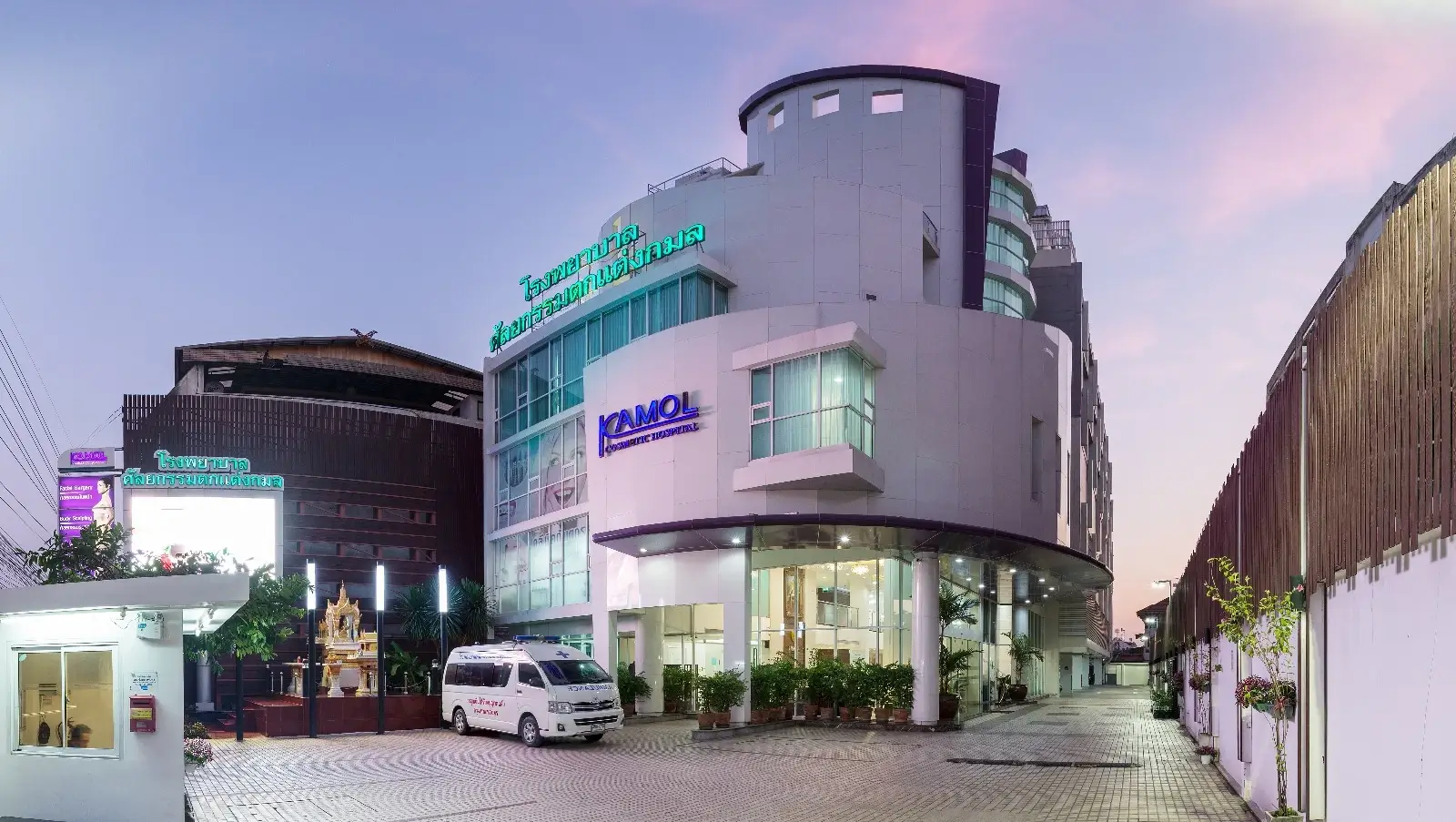Get world-class care at vetted and accredited hospitals in Thailand.
Save up to 80% with internationally trained surgeons and state-of-the-art facilities.
Orchiectomy, or testicle removal surgery, is a procedure that is commonly performed for a variety of medical reasons, including testicular cancer, injuries, or as part of gender affirmation surgery.
Patients from around the world seek orchiectomy in Thailand, where they can receive top-notch treatment at a fraction of the cost compared to many Western countries. The procedure is performed using advanced techniques and state-of-the-art equipment, ensuring optimal outcomes and minimal discomfort. Additionally, Thailand's renowned hospitality and cultural richness provide a welcoming and comfortable environment for recovery and recuperation.
Please note that the prices provided are estimations and may vary based on various factors. Additionally, these prices do not include flights or accommodation.
All prices are in USD.
Orchiectomy, also known as testicle removal surgery, is a surgical procedure that involves the removal of one or both testicles.
This surgery may be recommended for various medical reasons, including testicular cancer, severe testicular injury, certain infections, or as part of gender affirmation surgery for transgender individuals.
There are three main approaches:
The specific approach will depend on the patient's individual circumstances and the surgeon's preference.

Thailand stands out for its high-quality healthcare delivered with global standards.
Thailand offers a compelling combination of quality and affordability—typically 50–60% less expensive than Western alternatives:
Total package: USD 4,500–6,000—compared to USD 8,000–10,000 or more in the West.
Sample schedule:
Before undergoing orchiectomy surgery, patients will have a consultation with their surgeon to discuss their medical history, any existing conditions, and their goals for the procedure.
The exact pre-operative steps differ based on the reason for undergoing the procedure but include:
Orchiectomy surgery is typically performed under general or spinal anesthesia and can take between 30-60 minutes to complete. During the procedure, the surgeon will make an incision in the groin area or small incisions for laparoscopic surgery and carefully remove the testicle(s).
After the surgery, patients can expect some swelling, bruising, and discomfort, which can be managed with pain medication and ice packs.
Most patients are advised to avoid heavy lifting and sexual activity for 4-6 weeks after the surgery.
It is crucial to follow the surgeon's post-operative instructions carefully to ensure proper healing and minimize the risk of complications.
Hospital stay
Orchiectomy is typically performed on an outpatient basis with most patients staying in the hospital for at least one night after the surgery. This allows for proper monitoring and management of any post-operative pain, bleeding, or other potential complications in the immediate hours following the procedure.
Once discharged, patients may need to stay locally around 1 week for follow-up appointments before they can safely travel back home. This helps ensure the surgery site is healing properly before embarking on a long journey back home.
Pre-vetted facilities chosen by our team that meet our rigorous standards for quality and safety

Kamol Hospital is a word leading cosmetic hospital, specializing in gender reassignment and facial surgery. Led by Dr. Kamol, who has performed more than 5000 sex reassignment surgeries since 1997, making him one of the most experienced surgeons working in the world in for this surgery. Located in the center of Bangkok and JCI-accredited since 2015.

Yanhee International Hospital was opened in 1994 and is best known for its expertise cosmetic procedures and sexual reassignment surgery. Out of all foreign patients that visit this hospital, 72% receive cosmetic care. The hospital has several accreditations - such as JCI - and is popular among foreigners not only for cosmetic purposes, but general health purposes as well.

Bumrungrad was founded in 1980 and is Southeast Asia's largest private hospital. It is one of the world's most popular medical tourism destinations, treating over 1.1 million patients annually of which many are overseas patients. Bumrungrad was the first hospital in Asia to receive JCI accreditation and has since received awards from numerous other agencies for its medical services.

Praram 9 Hospital in Bangkok stands as a premier medical facility, known for its state-of-the-art equipment and dedicated team of professionals. Offering a wide range of medical services, it is particularly recognized for its excellence in specialized treatments and surgeries. With a focus on patient-centered care, it remains a top choice for both locals and international patients
More information
Find our ranking for the best hospitals by city and category to find the best hospital for your procedure.
By city
There are several key advantages to having orchiectomy performed in Thailand:
Despite the significant cost savings, you can expect world-class quality care in Thailand. Top private hospitals are internationally accredited and invest in the latest medical technology. Surgeons performing orchiectomy are highly skilled, having trained globally and performing a high volume of these procedures. Thailand's lower operating costs allow you to access exceptional medical expertise and state-of-the-art facilities at an affordable price, without compromising on quality standards.